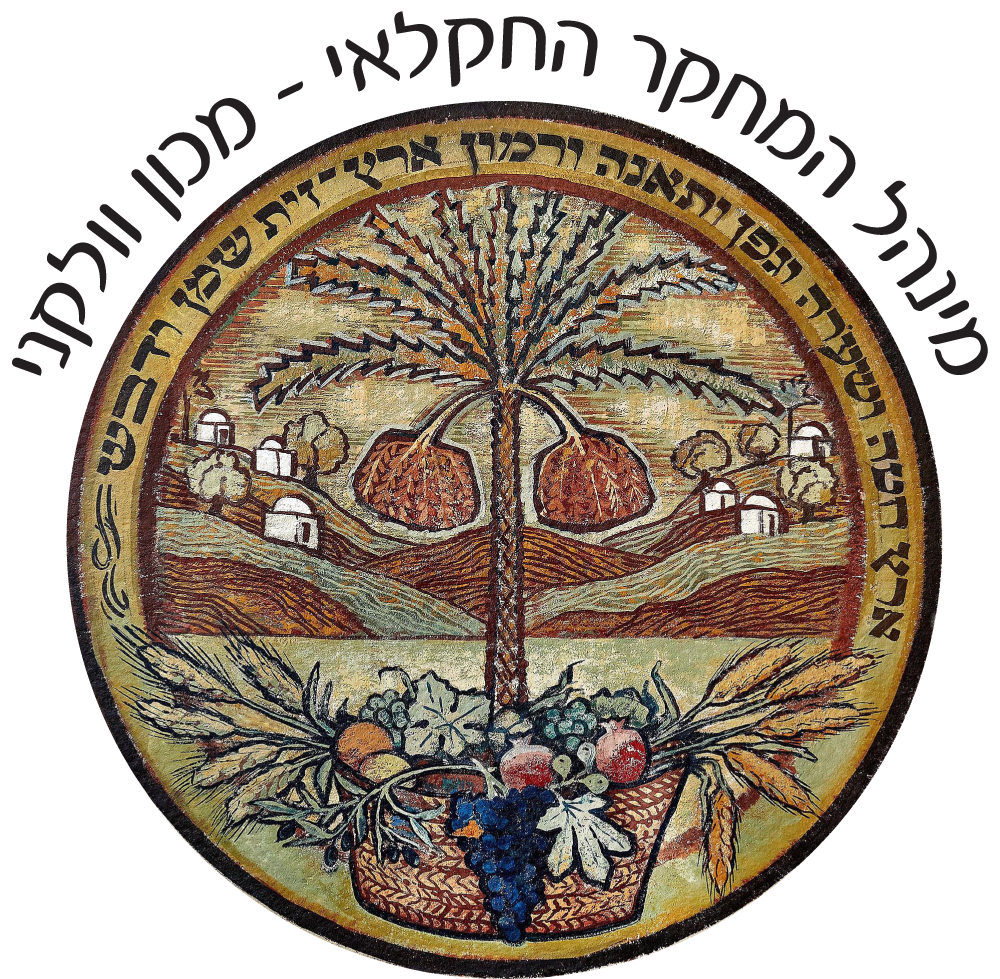“Like humans, bees have viral diseases that threaten them. Our research focus on the question: Does the hormonal system of bees influence the reproduction rate of viruses within their bodies?” The study includes two bee species bumble bees and honey bees, which are used for pollination but are separated by millions of years of evolution. The fascinating thing is that the same viruses can infect both species, which share the same hormones. Is the effect similar in both species? Can we develop methods to combat the damage caused by viruses?
Juvenile hormone affects the reproductive capacity of viruses in bees. As its levels increase, the reproductive capacity of the viruses also rises.
